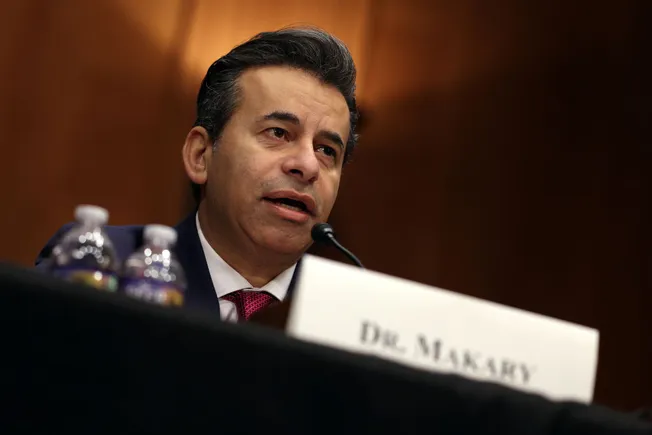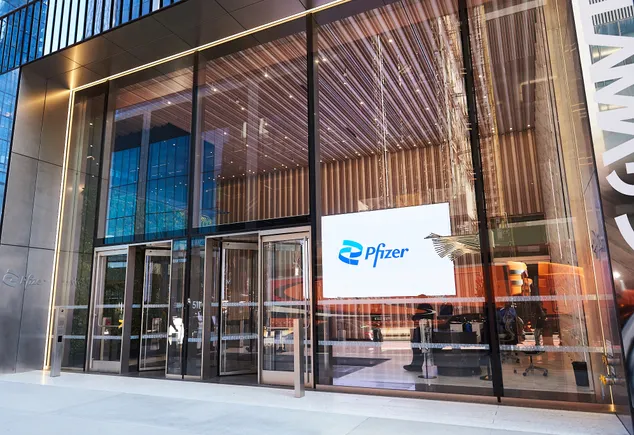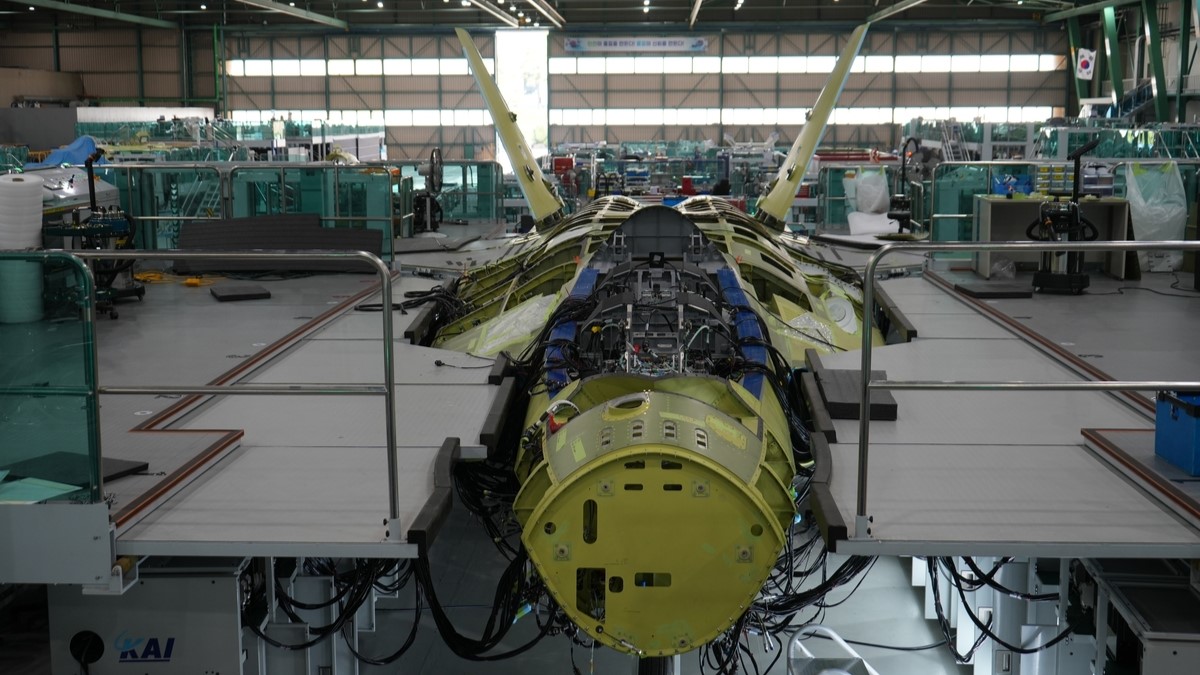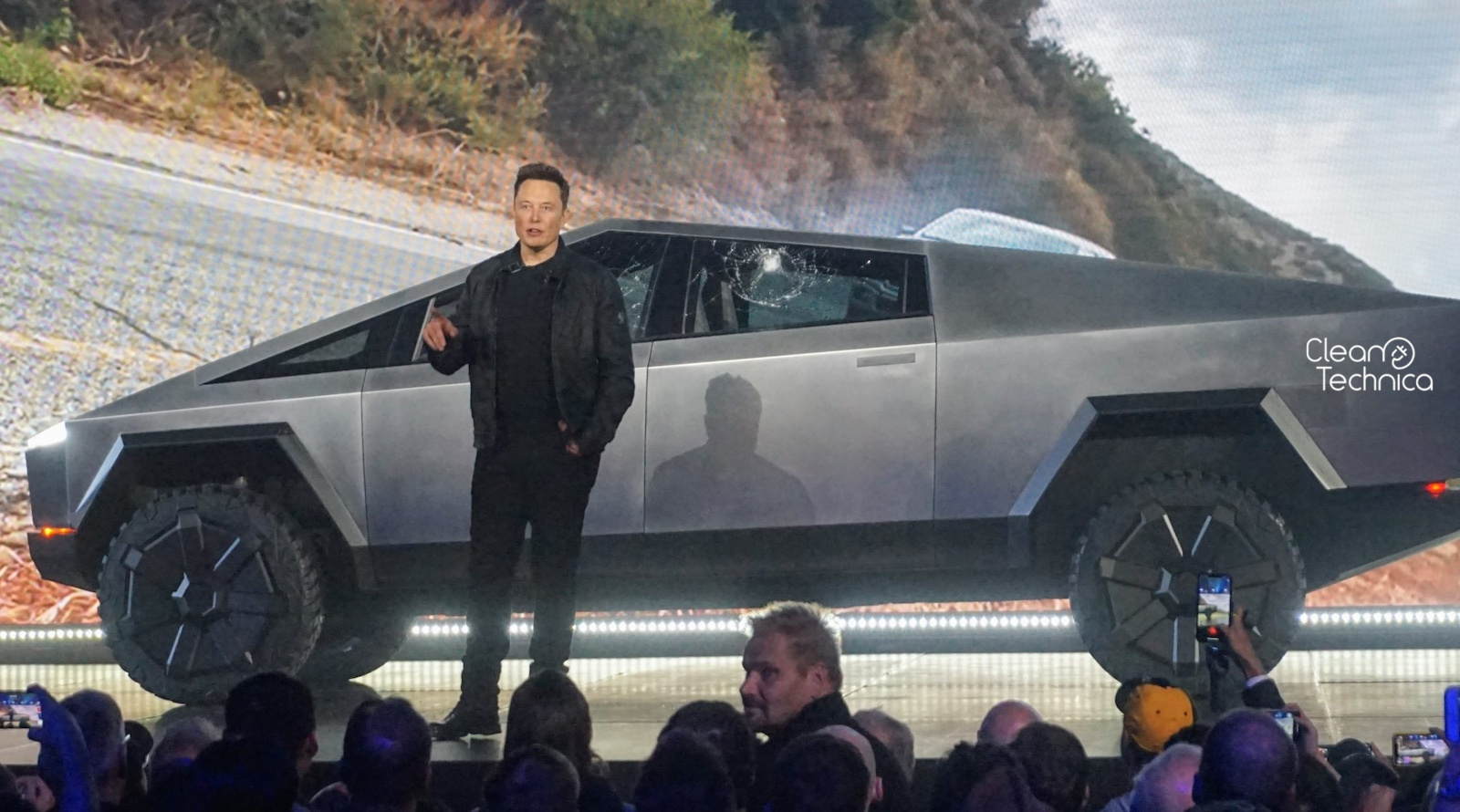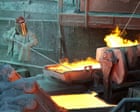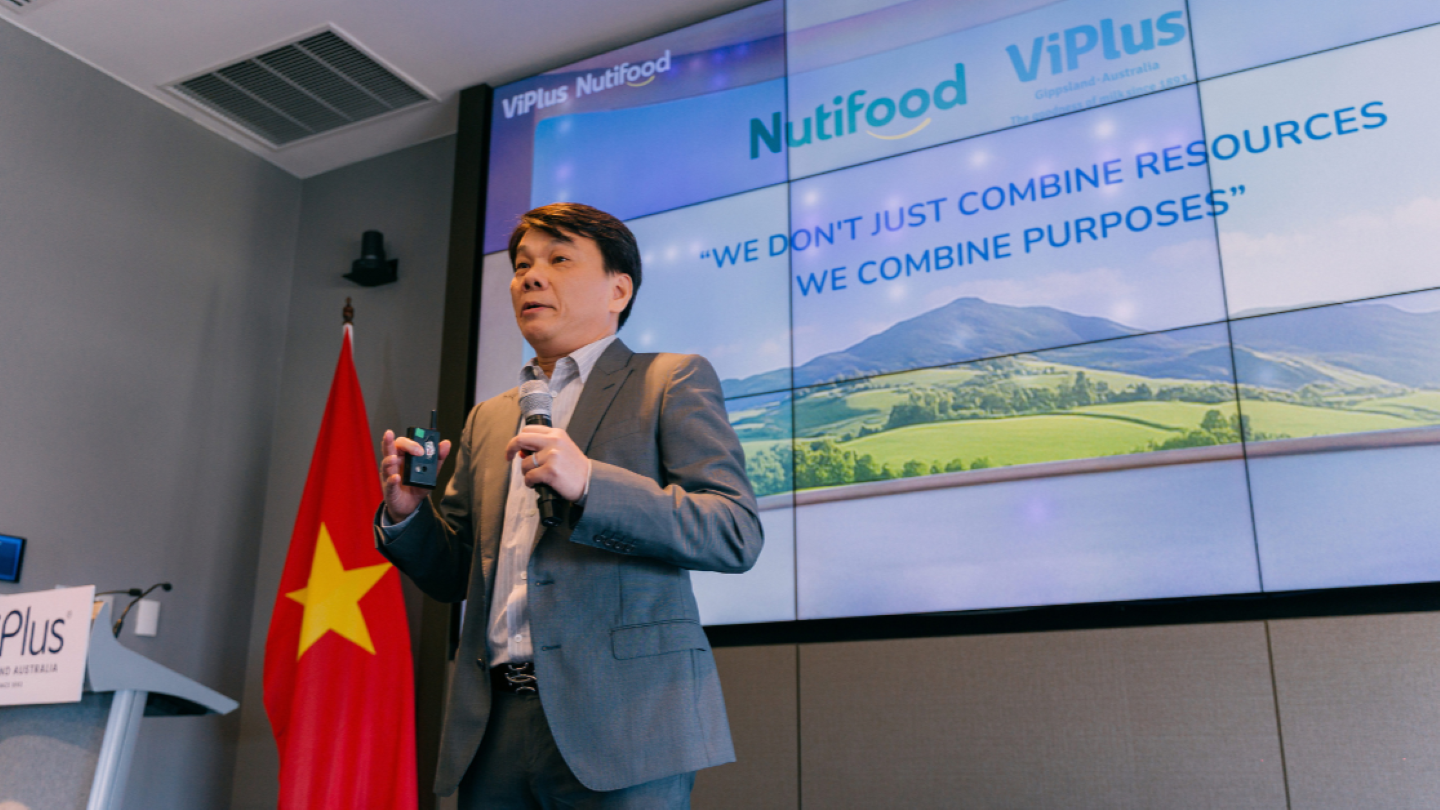Manhattan Associates rolls out new supply chain offerings at CEO’s debut
In Las Vegas, Manhattan Associates introduced new CEO Eric Clark to its giant annual meeting of customers and partners. The post Manhattan Associates rolls out new supply chain offerings at CEO’s debut appeared first on FreightWaves.
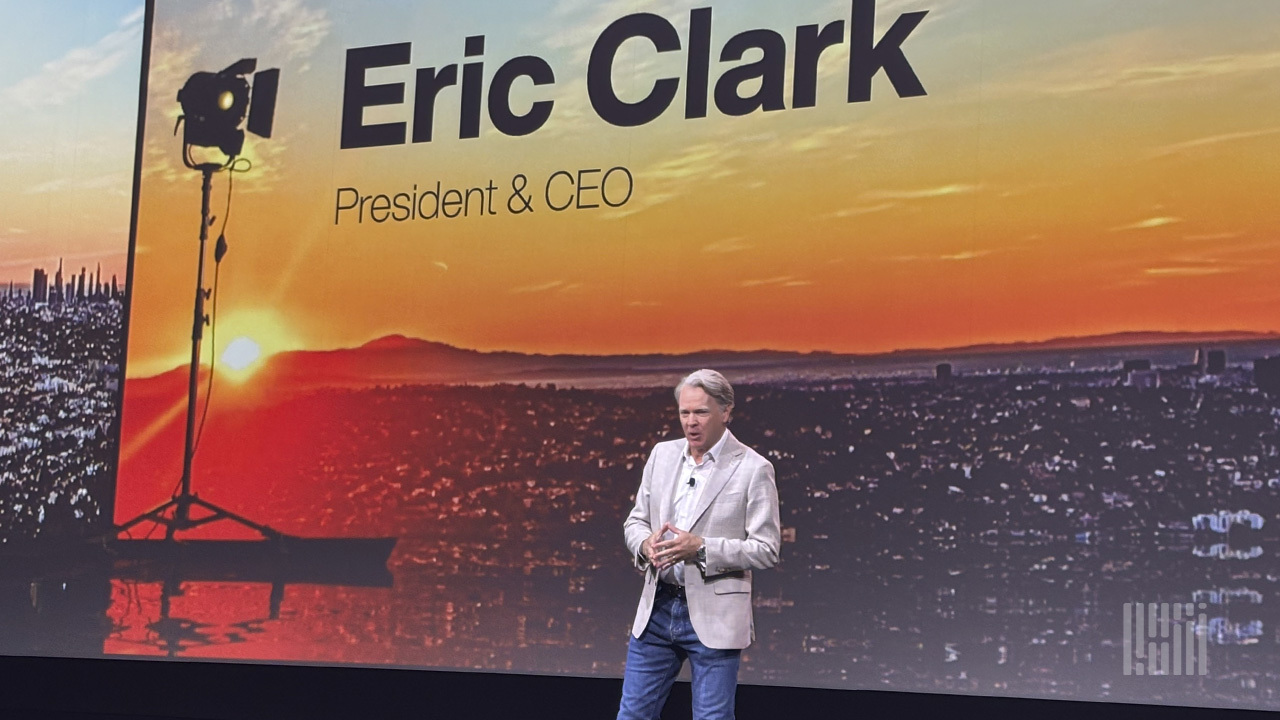
LAS VEGAS – The annual meeting of software and technology service providers generally brings in hundreds if not thousands of customers and partners and gives companies an opportunity to roll out new capabilities.
But at Manhattan Associates’ (NASDAQ: MANH) Momentum conference here, it was also the debut of the supply chain software provider’s new CEO, Eric Clark. Clark took over from legendary CEO Eddie Capell in February in a head-turning move that at first may have looked like an ouster but actually was just a quicker-than-usual transition.
Clark is taking over a company whose stock has had some wild swings in the past year. It was trading Tuesday at about $190 per share; its 52-week high was $312.60 in December; it’s up about 16.5% in the past month. Its 52-week low of $140.81 was recorded on April 7, a day when equity markets plummeted and the Nasdaq was down 5.8%.
But for a meeting like Momentum, the focus is on the software and what new things it can do. And if it’s a conference in 2025, that means a focus on AI.
One of the two products announced at Momentum was for new offerings in agentic AI. While the focus at last year’s Momentum conference was on generative AI through its Maven product, agentic AI derives its name from AI “agents” that, the company said, are built into the Manhattan Active platform to “autonomously perfect tasks, adapt to changing conditions and dynamically orchestrate workflows.”
But the agentic AI offerings do not stop with the five products that Manhattan announced at Momentum: Intelligent Store Manager, Labor Optimizer Agent, Wave Inventory Research Agent, Contextual Data Assistant and Virtual Configuration Consultant.
Rather, the Manhattan Foundry, as it has been called, allows its customers two other pathways to acquire agents they might need but which are not provided off the shelf by Manhattan. Foundry was announced as part of the agentic AI expansion.
One pathway is for customers to build an agentic AI application themselves and work it through Manhattan Active. The second would be for a customer with a specific need to seek out a developer of an agentic AI agent – which might be Manhattan itself – and create the application that would then reside on Active.
“Customers can now create specialized agents tailored to their unique processes and preferences, drastically reducing time-to-value, increasing automation scalability, enhancing productivity, and delivering tangible business value,” Manhattan said in a prepared statement announcing Foundry. “They can also lean on Manhattan or third-party partners to develop these specialized agents.”
In his opening remarks to Momentum, Clark said the agentic AI offerings “will think and reason multiple steps ahead, working on your behalf and under your supervision, acting autonomously to complete their assignments.”
“Your team can roll up their sleeves and build their own AI agents on our platform,” he said. “Or you can ask us to go build specialized agents for you.”
On the same day that Google was announcing changes that would benefit channel partners on its Google Marketplace service, Manhattan also said that all its offerings on the Manhattan Active platform would be available on Google Marketplace.
The expanded deal with Google – Active was already hosted on Google Cloud – would enable a user to make its entry into Manhattan’s world through Google Marketplace, as opposed to buying through Manhattan itself.
A key word that Manhattan has used for several years is “unification.” The concept is that the various Manhattan offerings, whether it’s, for example, the warehouse management system or the transportation management system, would reside together on the Manhattan Active platform. This eliminates the need for a company that is a user of more than one Manhattan technology offering to utilize them as siloes with little crossover.
Brian Kinsella, Manhattan’s senior vice president for product management who addressed the opening session, said many of the initial benefits from unification when it was rolled out in recent years “were technical in nature.” He ticked off a list: a “common data store, a common set of APIs, a common user interface and a common log on, log off.”
Kinsella gave an example of where unification can provide insights that might not be available in siloed applications. He referred to “dynamic trailer door assignment” for inbound freight. Live loads are “coming in, checking into the gate. Maybe they’re early, maybe they’re late.”
“What you’re trying to do is maximize the utilization of those dock doors and your receiving labor throughout the course of the day while still getting those live loads handled on time,” Kinsella said. Coordinating the labor needs alongside the inbound traffic can only happen in a unified system, according to Kinsella.
At the same time, a TMS arranging outbound freight traffic can draw on unified information regarding inventories. “First we check to see whether you actually even have the inventory to be able to allocate in the coming hours,” Kinsella said. From there, he listed a wide range of necessary information to maximize efficiency that now can more easily interact with each other in a unified system that was not possible in the past.
“It’s really a game changer, and it helps you move to a whole new level of agility and better customer outcomes,” he added.
As for the transition in Manhattan Associates’ C-suite, Capell, who is staying on as executive chairman, spoke briefly to launch the morning session. But he turned Momentum over to Clark rapidly.
“It’s time for new possibilities, new challenges, new strategy and new innovation,” Capell said, describing Clark as “the person who will lead Manhattan as we conquer new horizons together.”
More articles by John Kingston
Connectivity, generative AI’s impact key supply chain software themes at NRF ’25
3 supply chain software providers tell their latest stories at NRF
Manhattan Associates’ growing supply chain problem: Slow-closing software deals
The post Manhattan Associates rolls out new supply chain offerings at CEO’s debut appeared first on FreightWaves.




































































